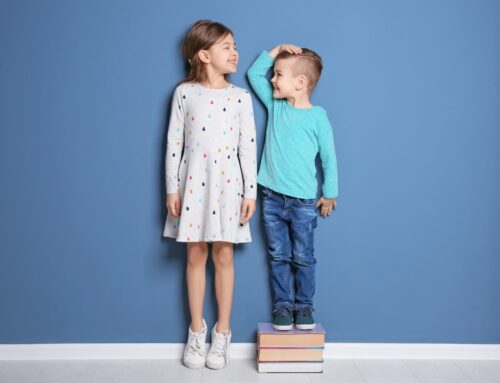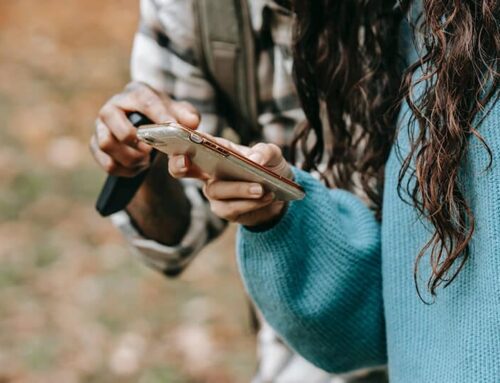During the current pandemic, many parents have asked about the impact of social isolation on toddler development. The first three years of life are characterized by remarkable growth in all arenas of development. Whether it is the acquisition of language, the rise of social play, or the development of new motor skills, infants and toddlers are constantly evolving. Part of this development is driven by genetics but a large part is a function of environment and experience. Prior to the COVID-19 pandemic, kids were immersed in classes, preschools, playgrounds, and play dates. Now, most social interactions beyond the home are limited to a two dimensional encounter on a screen.
There are three aspects of social developments that become especially challenging in our current environment – empathy, play, and group dynamics.
Empathy
It is incredibly rewarding to watch your three year old comfort a crying friend or share a toy with a classmate. At this age, children start to develop empathy towards new friends. Kids become aware of their shared experience and process what is happening in the world around them. It is hard to know how this development will be affected by social distancing but I think it is worthwhile to expose your child to empathy in the way you play at home. This might include books with a similar aged protagonist who displays empathy, role playing scenarios that require empathy, or discussing pictures with an empathetic gesture.
Play
The difference between the way that two year olds interact and three year olds play is incredible. Two year olds will engage in parallel play that involves sharing a space but not really interacting in a functional way. Three year olds develop group and symbolic play. They are truly little play partners enjoying each other’s company and figuring out puzzles together. Challenge your three year old with fun scenarios around the house. It could be helpful to introduce a doll who is a “three year old play partner” and who could play the role of a cooperative and not so cooperative school mate. Similarly, you could play cooperative board games. I recommend the game “stone soup” by Peaceable Kingdom.
Group dynamics
Three year olds typically start to learn the ropes about school rules and routines. They start to apply their budding executive function and social skills to become good citizens in their first classroom. Parents are rightfully filled with pride when their three year old gives them a hug and heads into the classroom as if to say “I got this.” While at home, you could set up your own classroom for your child and his/her favorite stuffed animals. You can create a schedule and a set of rules and play out school situations.
Please join us Wednesday for our Instagram live with Melina Gac Levin at 12:30 pm. She is an exceptional toddler developmentalist and we’ll brainstorm other ideas to help children develop these social milestones while isolated at home.



